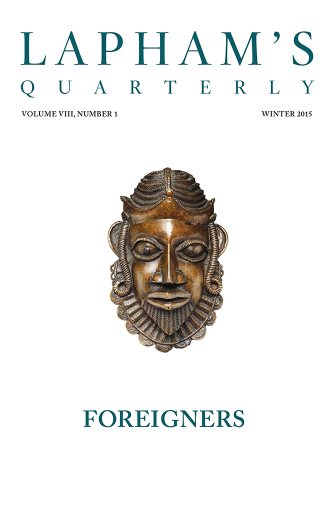During the years 1715 to 1718, Handel was chiefly, if not constantly, at the Earl of Burlington’s.
The character of this nobleman, as a scholar and virtuoso, is universally known. As Mr. Alexander Pope was very intimate with his lordship, it frequently happened that he and Handel were together at his table. After the latter had played some of the finest things he had ever composed, Mr. Pope declared that they gave him no sort of pleasure; that his ears were of that untoward make, and reprobate cast, as to receive his music, which he was persuaded was the best that could be, with as much indifference as the airs of a common ballad. A person of his excellent understanding, it is hard to suspect of affectation. And yet it is as hard to conceive how an ear so perfectly attentive to all the delicacies of rhythm and poetical numbers should be totally insensible to the charms of musical sounds. An attentiveness, too, which was as discernible in his manner of reading as it is in his method of writing. But perhaps the extravagant and injudicious praises, which the passionate admirers of the art are apt to bestow on such occasions, might provoke one of his satiric turn to express himself more strongly than he would otherwise have done. Perhaps, too, a genius so fond of exploring characters, and so eminently skilled in drawing them, might think such an artist as Handel a proper subject for experiments in this way. The greatest talents are often accompanied with the greatest weaknesses. But the bard was much deceived if he imagined him weak enough to be mortified by a declaration, which, whether real or pretended, deserved not the least regard. Handel minded it just as much as Pope would have done a like assurance from him in respect to poems, which all the world besides have agreed to admire.
From Memoirs of the Life of the Late George Frederic Handel. In 1712 Handel moved from Hanover to London; soon after he wrote a court ode for the birthday of Queen Anne. He premiered his Messiah oratorio three decades later in Dublin. By his death in 1759 his renown drew three thousand mourners to his funeral, and he was buried in Westminster Abbey. Mainwaring, a professor of divinity at Cambridge, published this biography one year later.
Back to Issue
